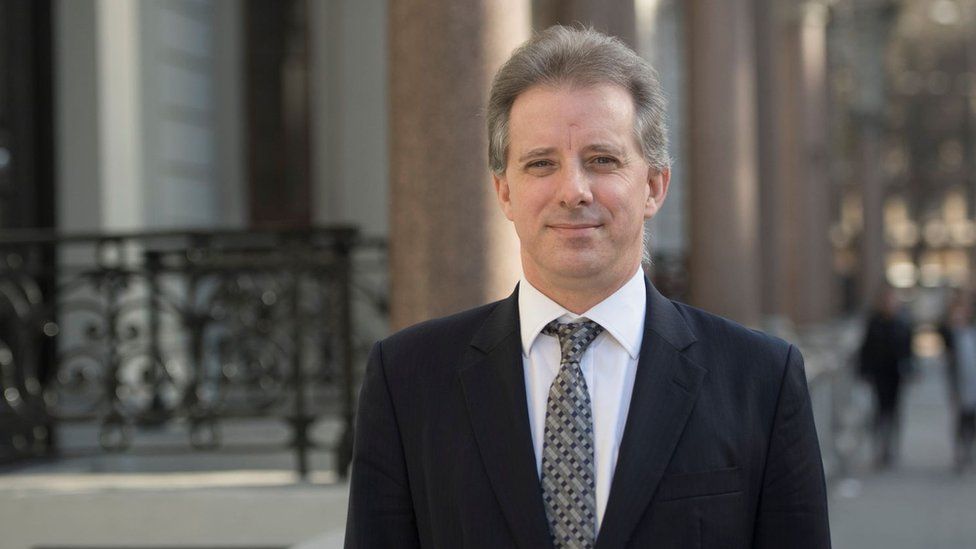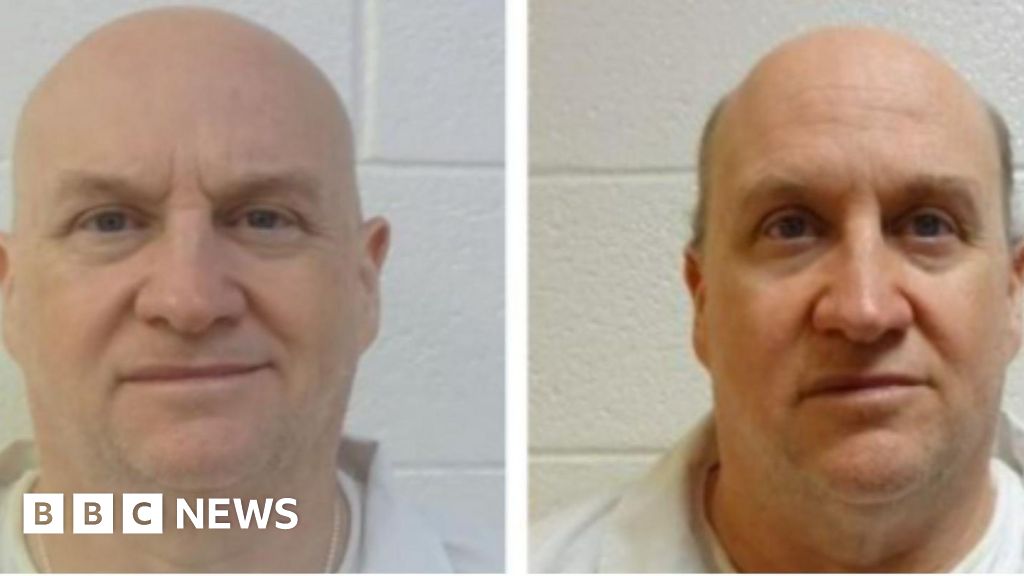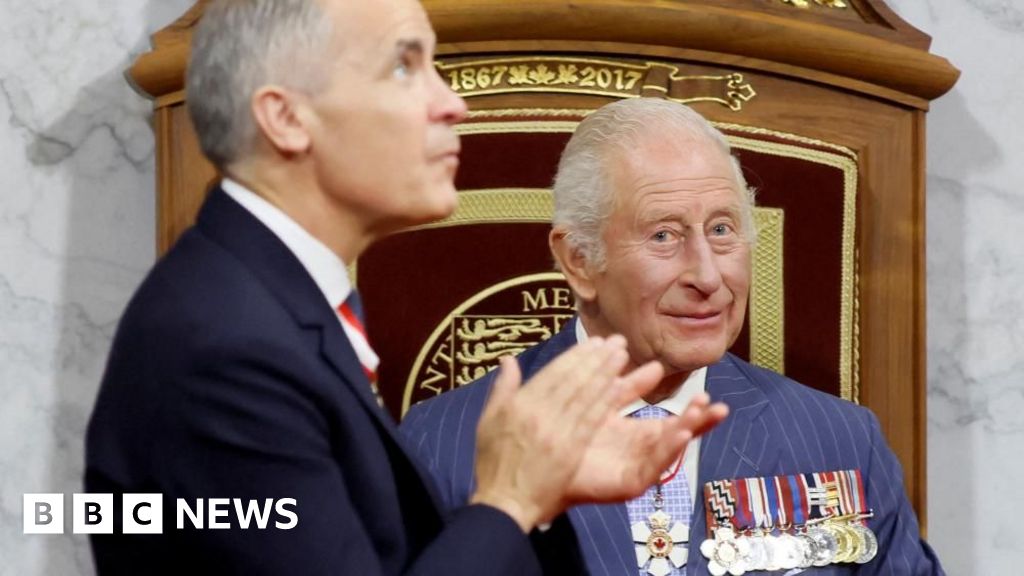ARTICLE AD BOX
 Image source, PA Media
Image source, PA Media
Christopher Steele, a former MI6 agent, wrote the dossier that alleged collusion
By Dominic Casciani
Home and legal correspondent
Donald Trump is attempting to sue in the British courts over the now infamous "Steele Dossier" that alleged he bribed officials and took part in sex parties in Russia.
The former president's lawyers told the High Court he is seeking "vindication" for the false allegations from 2017.
They claim the document breaches UK data protection laws.
Mr Steele's company, Orbis Business Intelligence, says it did not make the document public.
In 2016, a US political consultancy asked Mr Steele's company to produce a report into potential Russian interference in that year's US general election.
The project was reportedly paid for by Hilary Clinton's Democrats and other political opponents of Mr Trump.
Mr Steele, the former head of MI6's Russia desk, later sent his findings to the FBI, a British national security officer and an aide to a senior US senator.
The dossier, later obtained and published by Buzzfeed news, details uncorroborated intelligence claims that Mr Trump had a "compromising relationship with the Kremlin".
On Monday the High Court was told in written submissions that the dossier detailed untrue allegations that Mr Trump had "engaged in perverted sexual behaviour" including "the hiring of prostitutes... in the presidential suite of a hotel in Moscow."
Hugh Tomlinson KC, for the 77-year-old former president, said the dossier also falsely claimed he had "paid bribes to Russian officials to further his business interests" and "took part in sex parties in St Petersburg".
Those allegations, the court heard, were at the heart of the claim for damages because they amounted to a breach of the UK's strict data protection laws that govern what can be done with personal information, even if the information is not true.
"The [dossier] contains shocking and scandalous claims about the personal conduct of President Trump," Mr Tomlinson said.
"The defendant has never sought to qualify or withdraw the allegation."
He went on: "[Mr Trump] often expresses himself in very strong language and his interactions with the US legal system have been many and varied.
"None of this is relevant to the question of whether the personal data is accurate.
"President Trump begins this case because he seeks a vindication of his legal rights… that the statements in these memoranda are false."
Antony White KC, for Orbis, told the court that Mr Trump had accepted that the company was not responsible for Buzzfeed's publication of the document.
Watched on by Mr Steele, Mr White told Mrs Justice Steyn the case had no realistic prospect of winning and the former president had run out of time to even start it.
Orbis had never intended the dossier to become public and had long ago destroyed its own copies of the research.
"The claim for compensation is principally based on reputational damage allegedly suffered by the claimant," Mr White said.
"Any reputational damage, and any resulting distress, allegedly suffered will have been caused by the BuzzFeed publication, for which the claimant accepts Orbis is not liable."

 1 year ago
40
1 year ago
40








 English (US) ·
English (US) ·